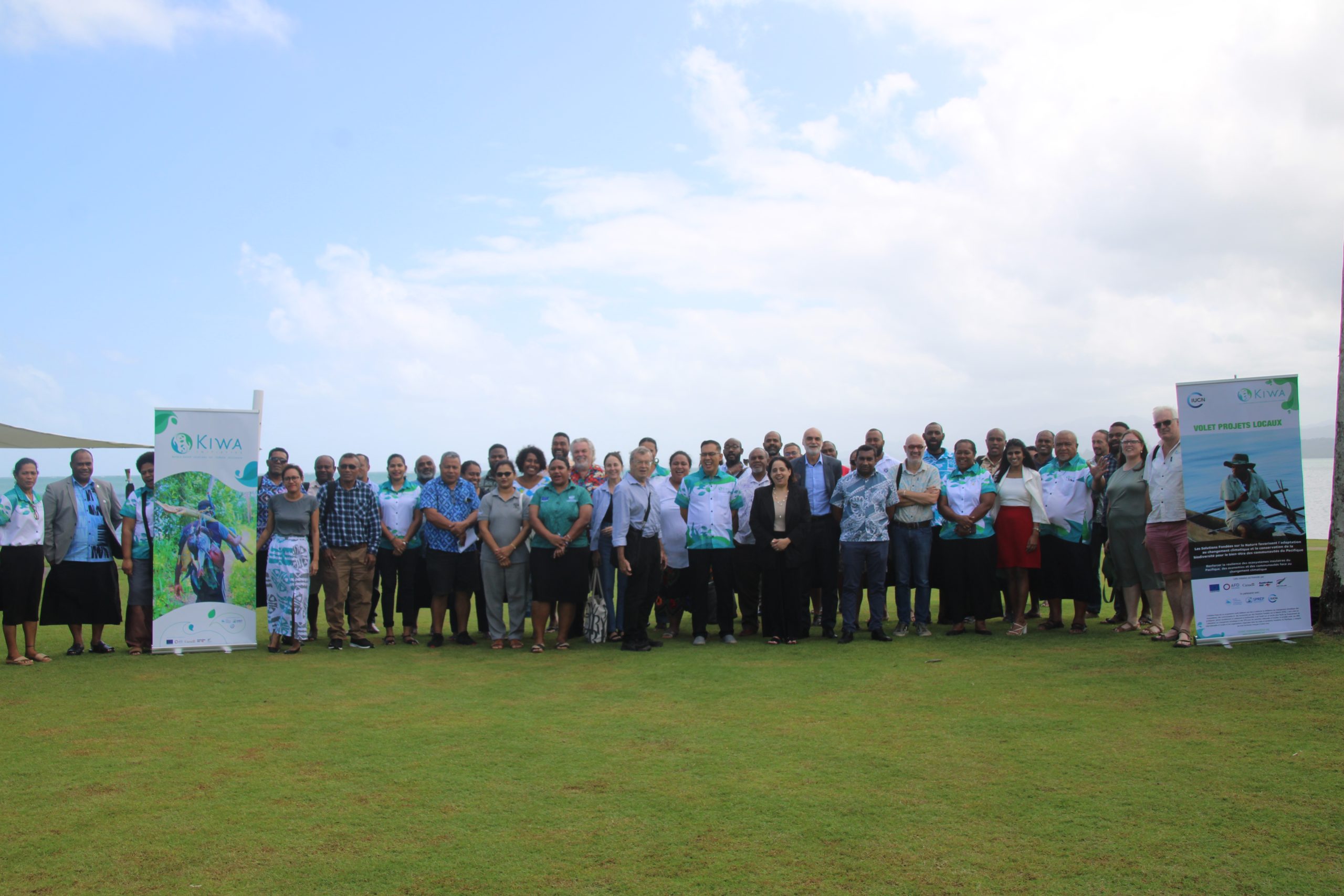By ‘Ema Fe’ao, USP Journalism student
Kiwa Initiative is a multi-donor programme, that seeks to increase climate change resilience through nature-based solutions in the Pacific.
This was highlighted at the opening of the new call for proposals for 2023 at an event in Suva on Wednesday 20 September, 2023. The call, which runs from 20 September to 12 November 2023 – is opened to proposals from 19 eligible countries in the Pacific – which includes French Overseas Countries and Territories (OCTs).
This request for proposal is targeted at small-scale community initiatives, providing- assistance to individuals who are currently experiencing the negative effects of climate change and looking for proactive adaption strategies.
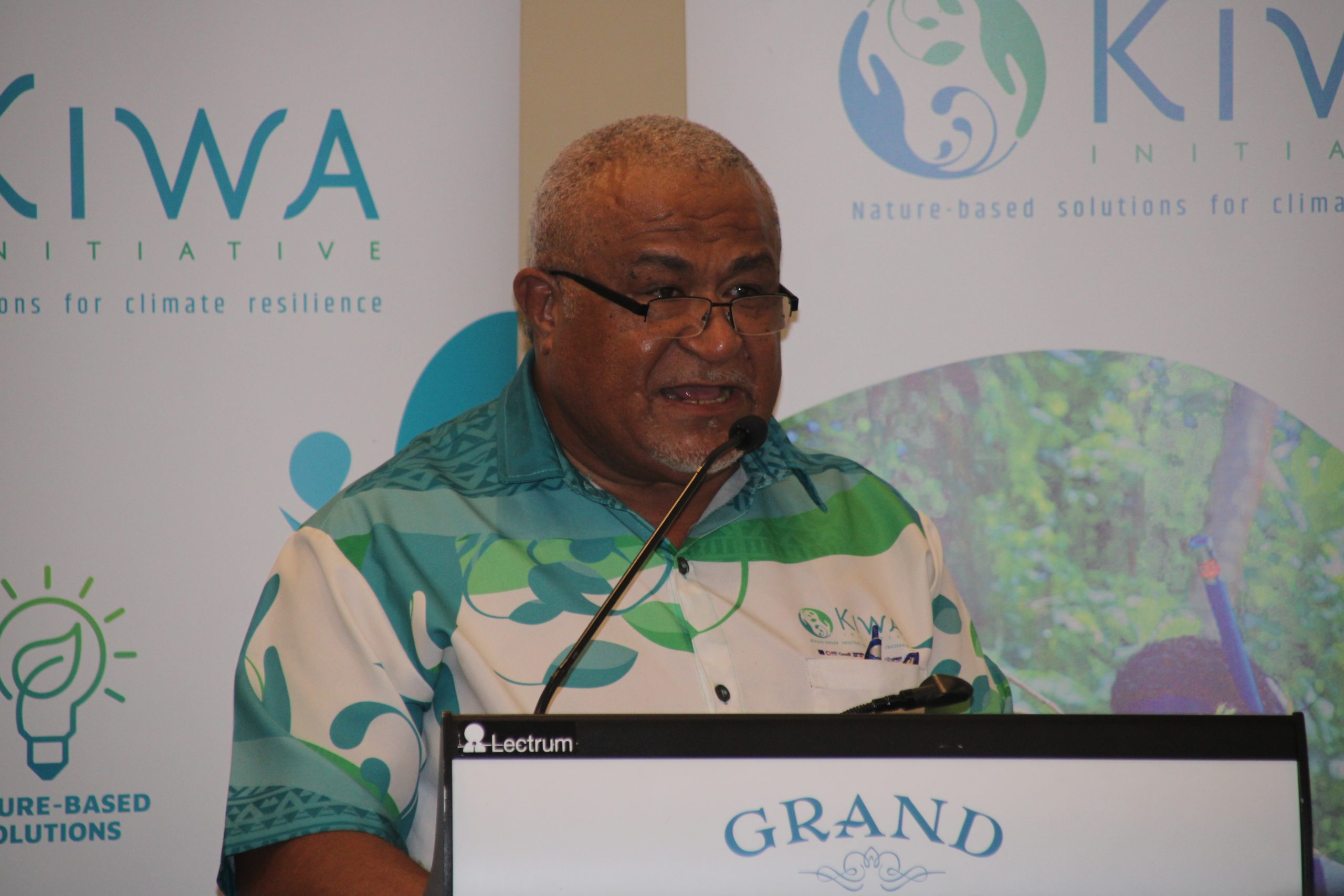
According to Etika Qica, the Kiwa Initiative Coordinator for the International Union for Conservative of Nature (IUCN) in Fiji, it is really an exciting day for the team to launch the second call – after the first one in 2021
“The Kiwa investment priorities will support projects that employ best solutions to achieve climate change adaptation benefits, that are rights-based, gender sensitive and socially inclusive.
The Initiative has gained new momentum as a result of the donors’ financial support.
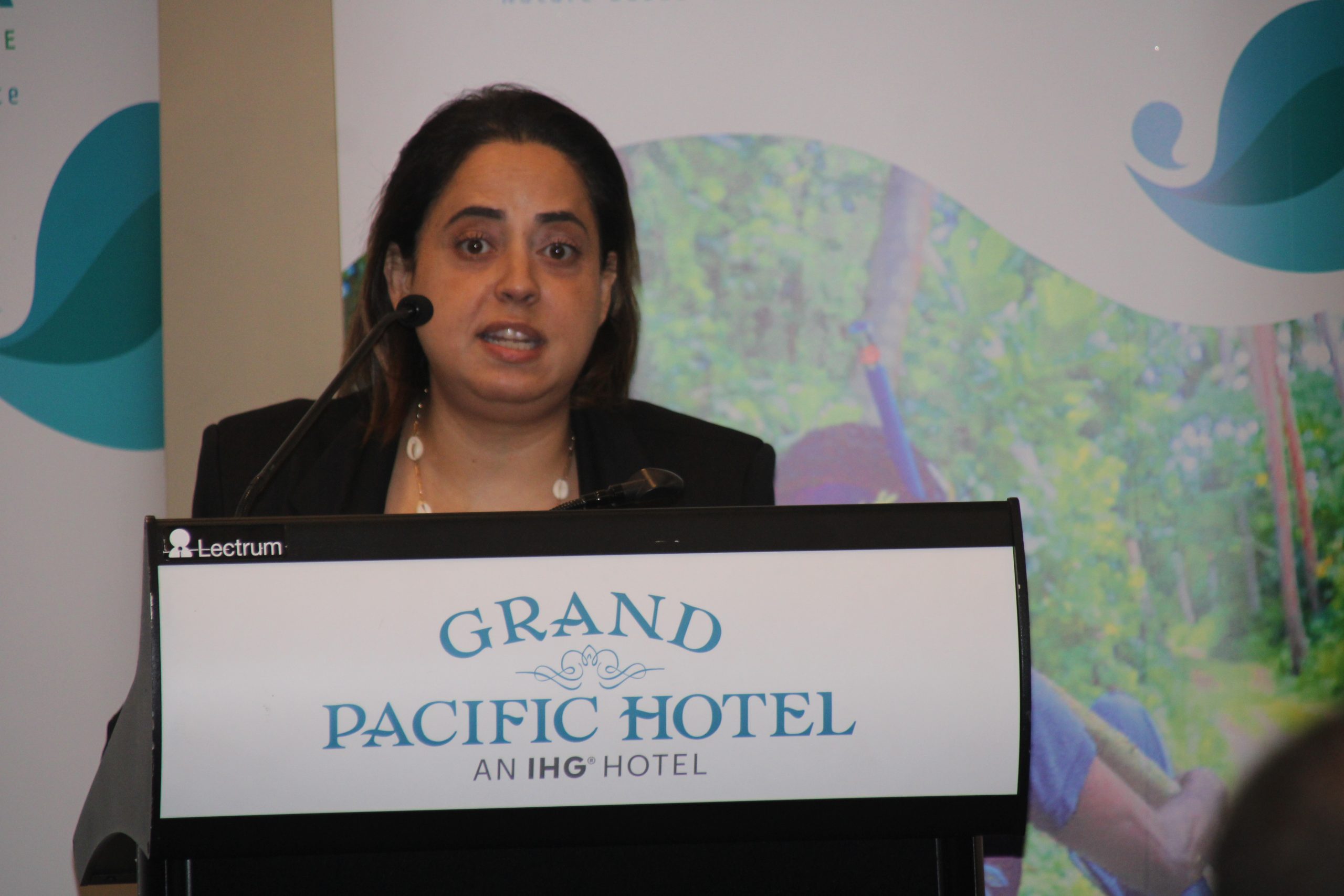
Laurence Brattin-Nerriere, Deputy Head of Mission of the French Embassy in Fiji, emphasised the significance of the event as it symbolised the reaffirmed trust of the five donors to the Kiwa Initiative.
“Nature is our ally for adaptation, our natural ecosystem, lush forest, vast oceans and unique biodiversity are priceless assets, and we must preserve them.
“By investing in nature-based solutions, we not only strengthen our resilience in the face of climate change but also preserve the soul and the beauty of our region for our future generation, said Brattin-Nerriere.
Kiwa Initiative serves as a powerful example of our commitment to sustainability, resilience and the well-being of Pacific communities.
Brattin-Nerriere said; “By working together, we are stronger, to create a brighter future for the Pacific, where collaboration and innovation are the keys to our success.”
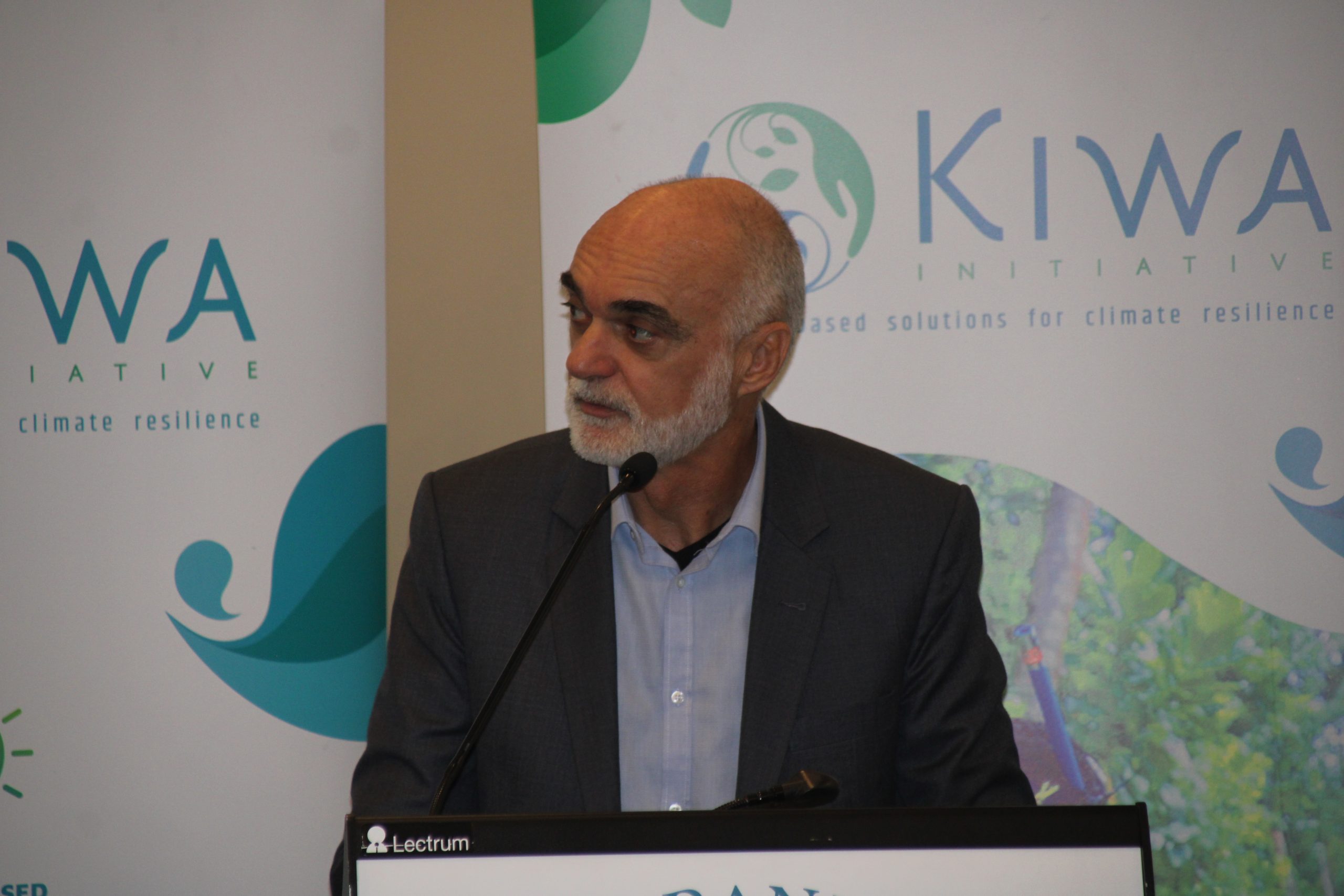
According to Maurizio Cian, EU Head of Cooperation says applications received for earlier funding confirmed greater interest in local nature-based solutions.
“The high demand and the need for support for the European Union, mobilising 6 million Euro, in addition to our free contribution of 14 million Euro, bringing the total of European contributions to 20 million Euros.
He also said, “The contribution demonstrates our commitment to support climate change adaptation and support the biodiversity in one of the regions of the world, most affected by climate change.”
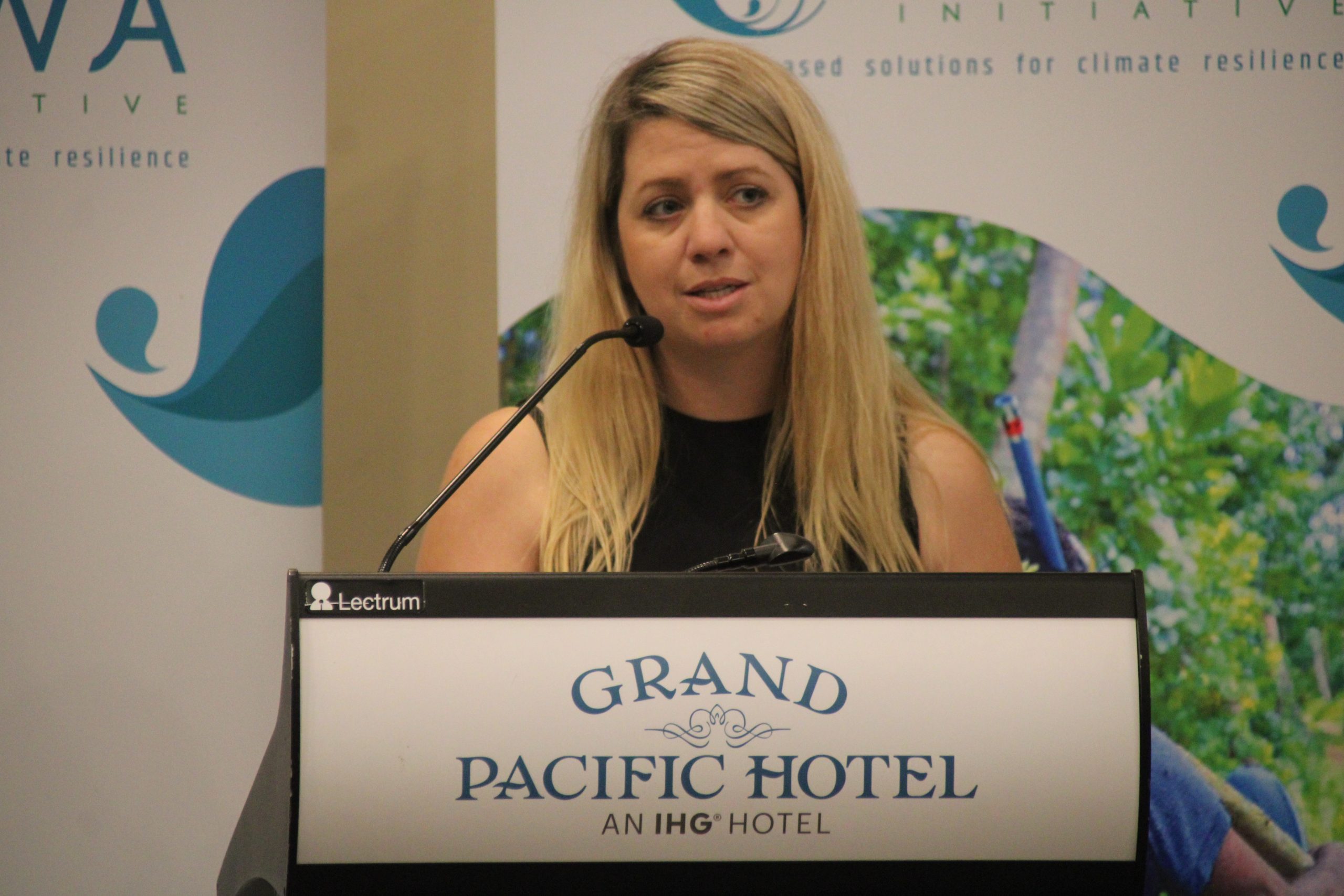
Erin Magee, a Counsellor for Infrastructure, Humanitarian Aid, and Climate Resilience at the Australian High Commission, clarified the necessity for cooperation in the fight against climate change.
“Australia supports a number of nature-based solutions partnership to build solutions, take actions and benefits from the experience of our global community.
“We are very proud to be a donor of this Kiwa Initiative and support projects in the Pacific.
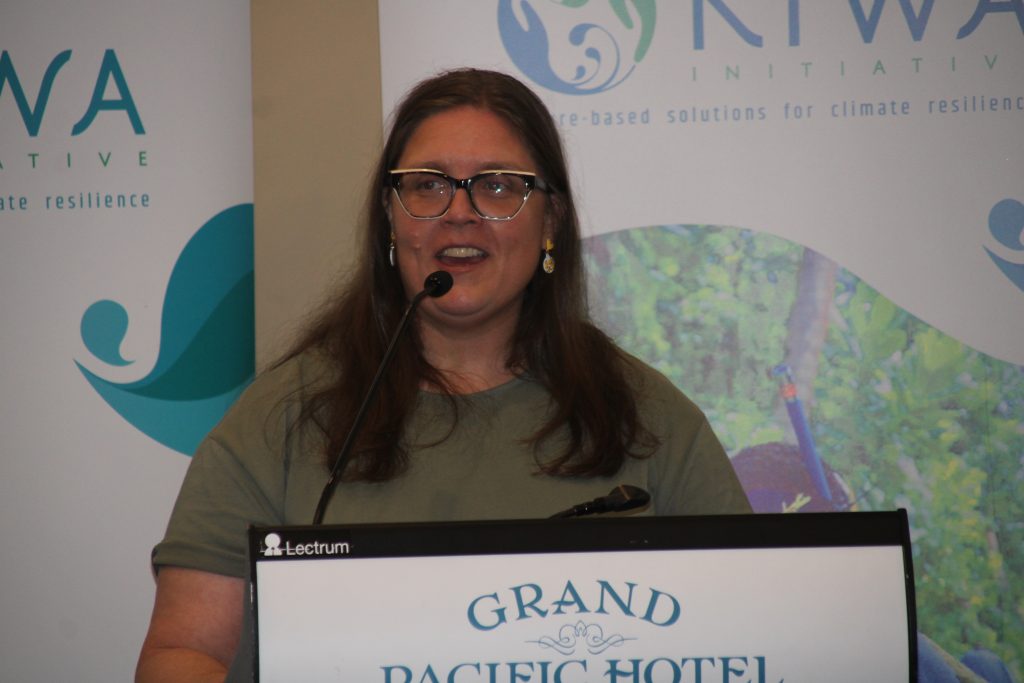
Jilian Senkiw, Counsellor at the Canadian High Commission in New Zealand, emphasised the importance of submitting project ideas that support local solutions.
“We are committed to support Pacific Island countries efforts to address climate change through local innovations for a sustainable future.
“We have committed 16 million to the Kiwa Initiative with the aim of providing greater access to climate funding for Pacific Island countries.
“We are very pleased to be a member of the Kiwa Initiative and to have the opportunity to work with you to address climate change, support climate adaptation and protect biodiversity.
The regional initiatives supported by the Kiwa Initiative show how leveraging nature can be easy, affordable, and bring benefits to everyone in the Pacific.
These initiatives also show how communities and governments can adapt to the effects of climate change.
The official launch of the Kiwa Initiative Call for Local Projects aims at increasing climate resilience in the Pacific region ecosystem.
SOURCE: PACNEWS






